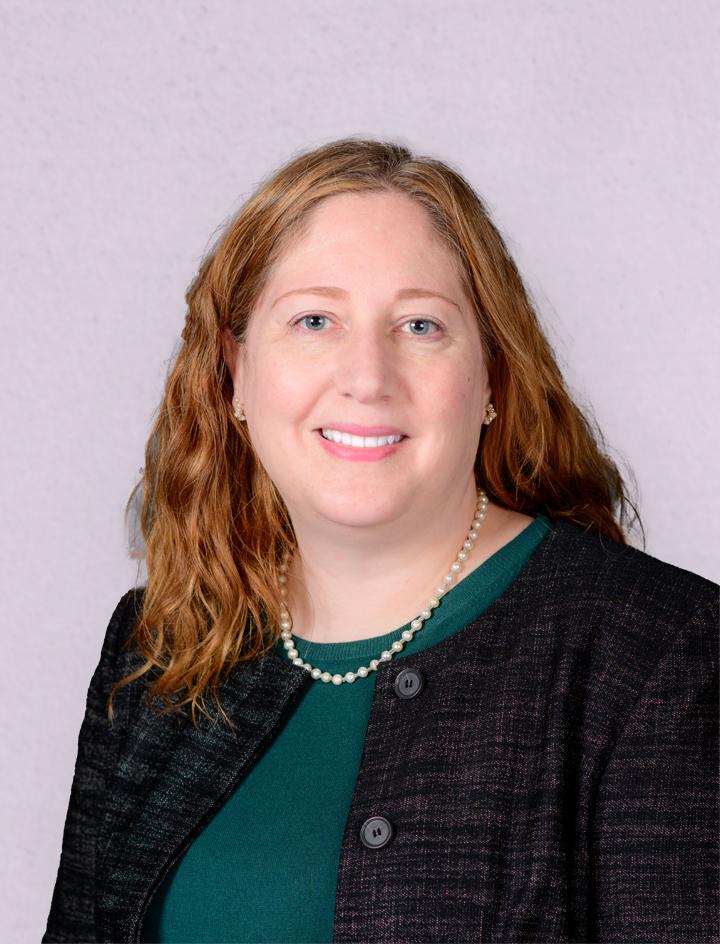Author
Subscribe to Newsletter
Related Posts
INDUSTRY EVENT: NAEPC Advanced Estate Planning Strategies Conference
Author
Subscribe to Newsletter
Related Posts
INDUSTRY EVENT: AAAA V.I.S.I.O.N. Conference

PhD, CFP®, MSFP
Author
Subscribe to Newsletter
Related Posts
Why You Should Specialize in Retirement Income Planning
View Details2026 Tax Planning Guide
View DetailsEthics Center Advancing Responsible AI Leadership
View DetailsRetirement Planning Podcasts
Working With Clients on Retirement Income Strategies
In this episode of the Shares podcast, join chief marketing and strategy officer, Jared Trexler and FinServe Network ambassadors Terrell Dinkins, Chartered Financial Consultant® (ChFC®), Retirement Income Certified Professional® (RICP®) and Angie Ribuffo, CFP®, RICP®, ChFC®, CDFA®, CLTC®, WMCP® from the Conference of African American Financial Professionals (CAAFP) as they discuss how advisors can help clients open up about their goals for retirement and what they can do to help them get there. Our guests discuss everything from increased longevity to the criticality of communication, and more.
Terrell Dinkins, ChFC®, RICP®, is the president and founder of OBN Wealth Advisors, an independent RIA firm that specializes in wealth-building strategies and comprehensive financial planning for women and small business owners. With over a decade of experience as an investment advisor, Dinkins expertly crafts financial roadmaps that help her clients thrive now and in the future.
Dinkins’ professional expertise is backed by an impressive academic background, including a Bachelor of Business Administration in finance from Georgia Southern University, a Master of Business Administration from Mercer University, Stetson School of Business and Economics, and completion of the executive program in financial planning from the University of Georgia. Her professional credentials include the prestigious ChFC® and RICP® designations from The American College of Financial Services
Angie Ribuffo, CFP®, RICP®, ChFC®, CDFA®, CLTC®, WMCP®, became an independent financial advisor and in 2019, opened Raion Financial Strategies. Raion is a comprehensive financial planning firm focused on preparing clients to meet their self-identified goals.
Ribuffo has written for USA Today, Women in Finance, and the Certified Long Term Care Digest. She is a recognized speaker and in October 2022, was selected as the Women in Insurance and Financial Services (WIFS) Woman of the Year. Ribuffo was also recognized in May 2022 by InvestmentNews’ Diversity, Equality and Inclusion award as a See It, Be It Role model for her work with women and African American financial professionals. She was also a 2018 Women to Watch. She is a member of the Anchorage Athena Society.
From 2017-2018 she was the national president of WIFS and was the 2019 immediate past president. She also was the 2012 WIFS ANGEL award recipient for leadership and mentoring. From 2012-2022, she has been recognized as a WIFS Circle of Excellence recipient. Ribuffo is a member of the CFP Women’s Initiative Council, and active in The Financial Planning Association and the Anchorage Chamber of Commerce, Military Advisory Committee.
Any views or opinions expressed in this podcast are the hosts’ and guests' own and do not necessarily represent those of The American College of Financial Services.
More From The College
- See how you can assist clients in achieving their retirement goals with the Retirement Income Certified Professional® designation.
- Get more insights on longevity.
- Meet the FinServe Network.
Author
Subscribe to Newsletter
Related Posts
Why You Should Specialize in Retirement Income Planning
View Details2026 Tax Planning Guide
View DetailsEthics Center Advancing Responsible AI Leadership
View DetailsAbout The College Insights
2025 lang dixon award winner

Since 2018, The American College of Financial Services has taken time during the Conference of African American Financial Professionals (CAAFP) to present the Lang Dixon LEAD award to individuals who have significantly impacted the profession of financial services. This year’s recipient, , MBA, CFP®, has earned this recognition over a lifetime of achievement that includes becoming the first African American to earn the CFP® certification in 1978, founding the Association of African American Financial Advisors, serving as a lecturer at Howard University, and more.
Though CAAFP focuses on the strength of the financial services community and emphasizes the importance of collective impact, it is also important to recognize the accomplishments of leaders such as Davis for the impression they have left on the profession. Without Davis blazing the trail for African American financial professionals to come, the financial services industry may not look the same as it does today.
More From The College
- Get key insights for uncertainty with our Advising Through Uncertainty Study
- Explore the American College Center for Economic Empowerment and Equality® mission
- Check out more from CAAFP
Author
Subscribe to Newsletter
Related Posts
INDUSTRY EVENT: SER Summit for Latin@s in FinServ
Author
Subscribe to Newsletter
Related Posts
Why You Should Specialize in Retirement Income Planning
View Details2026 Tax Planning Guide
View DetailsEthics Center Advancing Responsible AI Leadership
View DetailsEthics In Financial Services Insights
Ethics & the AI-Ready Workforce

In January 2025, Nationwide Financial Chief Technology Officer and Senior Vice President Michael Carrel participated in the Twenty-Fourth Annual Mitchell/The American College Forum on Ethical Leadership in Financial Services, where leaders and academics discussed how companies are integrating business and ethics considerations in their strategic discussions on responsible AI.
In his reflections, Carrel highlights three key takeaways:
- Ethical decision making is critical to guide AI integration and build trust.
- Preparing an AI-ready workforce requires continuous education and training.
- Balancing speed with safety ensures responsible, sustainable AI adoption.
More from The College
- Read the full Nationwide article.
- Download the 2025 Proceedings, which explores how companies are navigating the intersection of business and ethics with responsible AI.
Organizational Leadership Certificate
This fully-online certificate equips you with systems thinking, strategic decision-making, and culture-building skills to lead with impact.
Author
Subscribe to Newsletter
Related Posts
INDUSTRY EVENT: Schwab IMPACT

JD, LLM (Tax), CPWA®